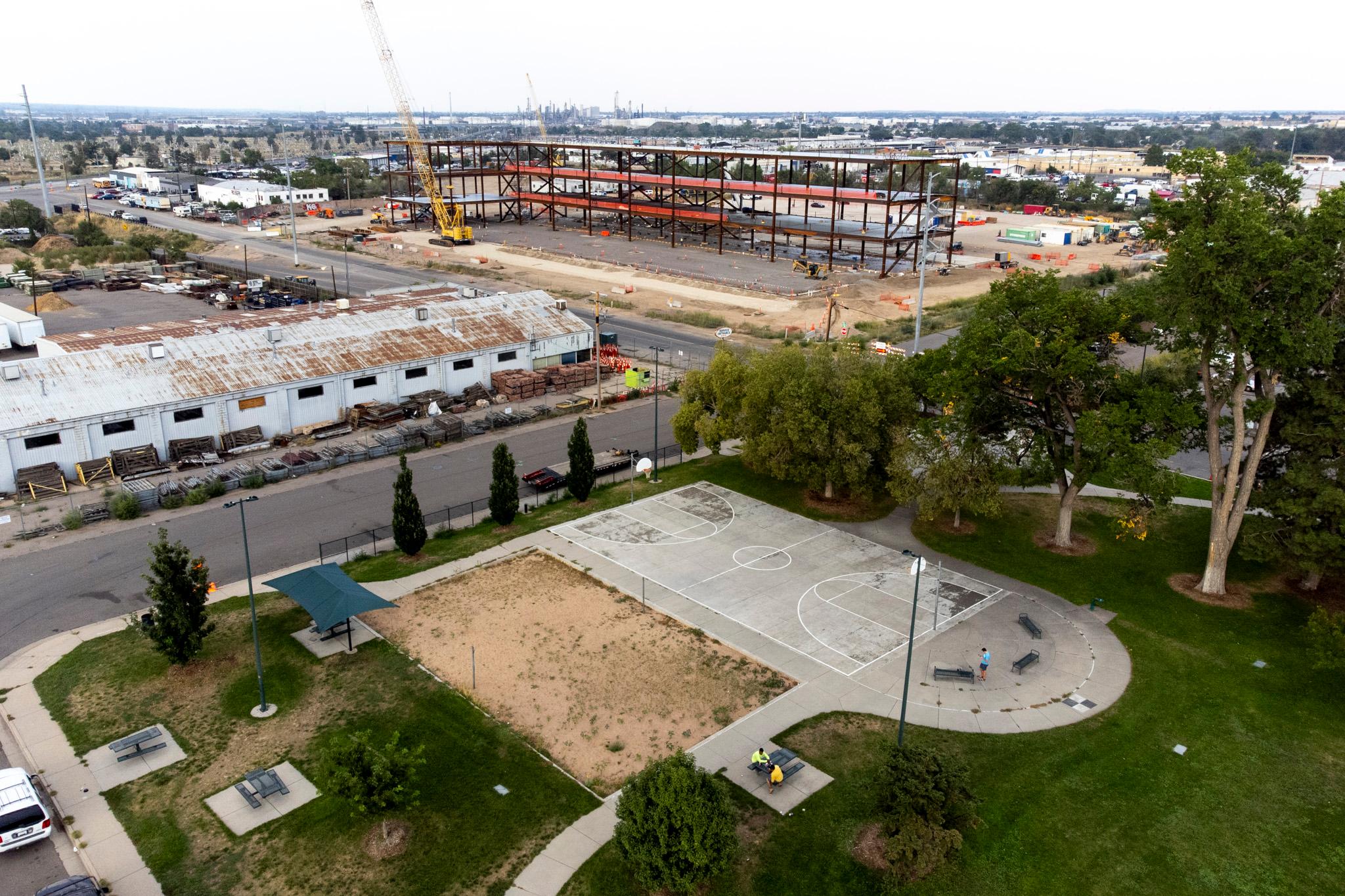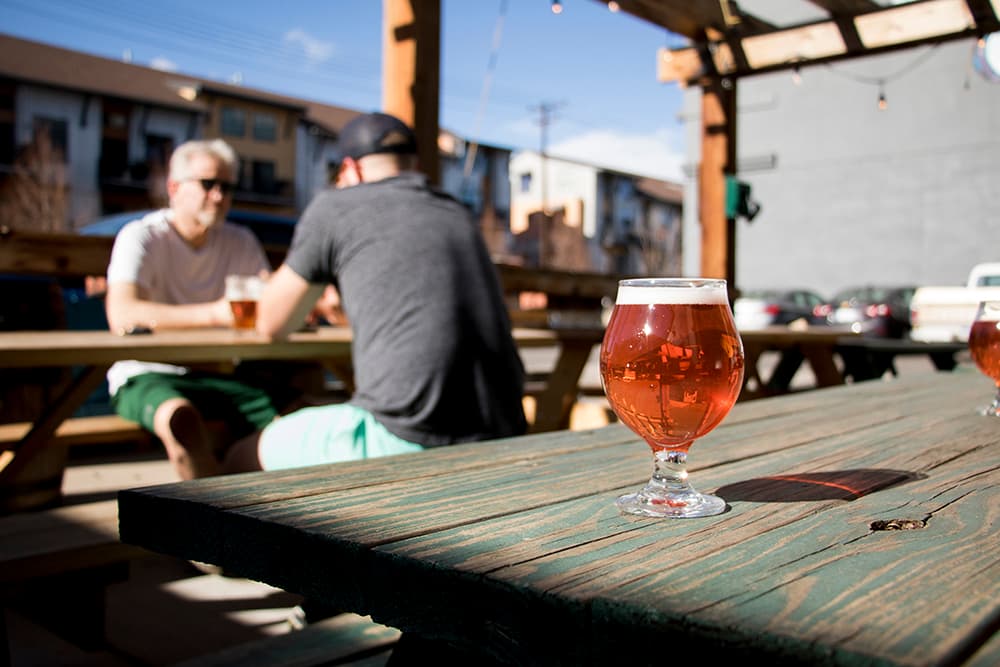
Something unusual is happening in Denver: A brewery is closing.
Beryl's Beer Co. made the announcement in March. After a little less than four years at 3120 Blake St., they are closing their doors for good.
Restaurants close in Denver all the time, but breweries? It's a fairly rare occurrence — one that poses the questions of whether the brewery bubble is about to pop.
"I would say there’s no cause for alarm for craft beer and craft beer lovers. However, the landscape is changing and it’s not the gold rush everyone maybe thought it was a few years ago," said Steve Kurowski, marketing director for the Colorado Brewers Guild. "To survive in craft beer moving forward, you’re going to be a high-quality brewer, be a good business, and be very visible in your community."
Don't panic.
What's happening isn't so much a bubble burst as a saturation. It's just looking like the Colorado craft beer industry has hit a limit, and that means opening a a brewery and keeping it alive will be harder.
"I think there’s definitely a point with craft beer where you shouldn't expect to open your door and have success," Kurowski said. "You’re going to have to work for it."
That's why in their hunt for a new brewery to move into the 3,200-square-foot Beryl's space, landlords Trent Carlyle and Adam Camras were hoping to bring in an existing brewery looking for a second location.
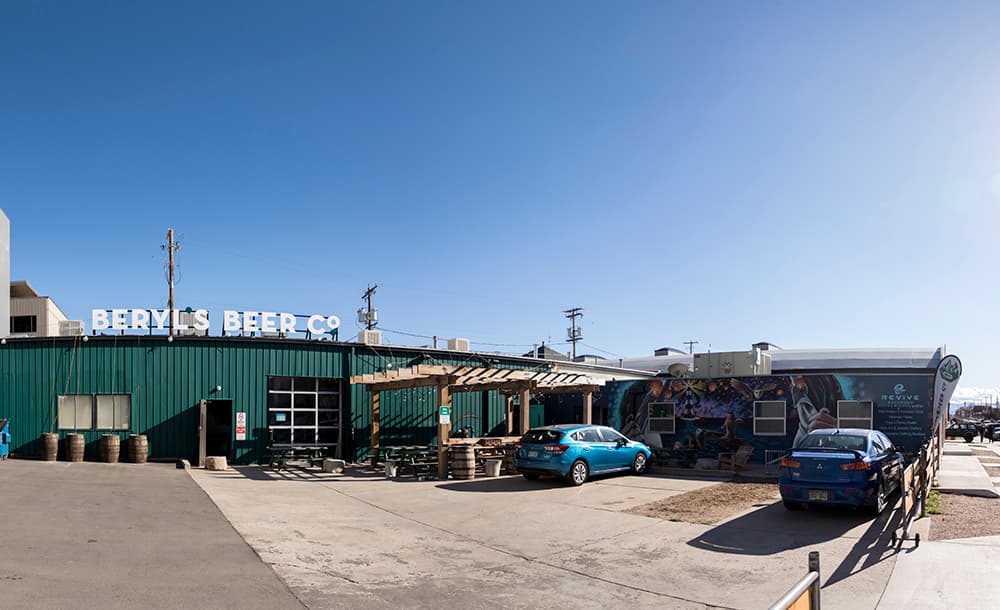
They told Denverite last week that they were close to wrapping up lease negotiations, but couldn't say with whom. Camras said they had more than 14 offers and well over 100 calls.
"We don’t want to be going through this exercise again in three years or five years," Carlyle said. "We want to make sure there’s a brand over there and people who are married to this business, passionate about this business. You have to do more than make beer and open your doors. You have to have people invested in it."
Calvin Beasley, who co-owns Beryl's with Beth Murray, declined to talk to Denverite about closing the brewery. Carlyle pointed out that the neighborhood has some access issues, thanks to construction, and said it may have been just a little too much.
"[Beasley and Murray] are great people, we like them a lot. I think they had too much on their plates to make it happen," he said. "They both had very demanding full-time jobs and you can’t just throw someone in a tap room and not be paying attention to the experience and the details."
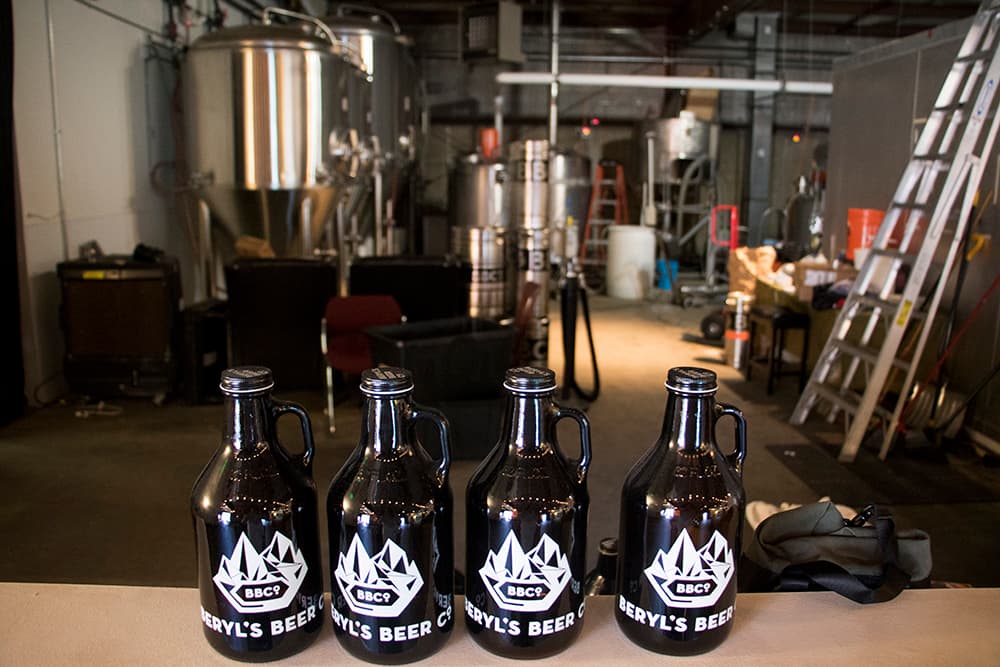
Kurowski said there are about 70 breweries operating in Denver right now.
In the RiNo Art District, there are more than a dozen breweries: 10 Barrel Brewing, 14er Brewing Co., Bierstadt Lagerhaus, Black Shirt Brewing Co., Blue Moon Brewing Co., C Squared Ciders, Epic Brewing Company, Great Divide Brewing Co., Mockery Brewing, New Belgium Brewing, Odell Brewing Co., Our Mutual Friend Brewing, Ratio Beerworks and Stem Ciders.
And it used to be more.
Before Beryl announced things weren’t working out, Zephyr Brewing Co. closed up shop at 25th and Walnut streets and reopened at 58th Avenue and Franklin Street. Before that, River North Brewery was kicked out of its original home at 24th and Blake streets in 2015 and found space on North Washington Street, just around the corner from where Zephyr would later move in. Both breweries are in that weird part of Adams County just west of Commerce City, where everything has a Denver address.
Bruz Beers started up there in the first place, betting that it would be best to remove itself from already beer-soaked Denver neighborhoods and their high rent.
“Brookfield Residential was the company that developed this. They did a lot of marketing research … and they determined that this is the growth path north out of Denver,” co-owner and brewmaster Charlie Gottenkieny told Denverite at his brewery’s soft opening. For what it’s worth, Bruz is still open.
Clusters of breweries like what you find in RiNo can be good because it means more business from people who brewery-hop. In their listing for the Beryl's space, Carlyle and Camras advertise the proximity to the art district's other breweries as well as "a vast network of breweries and beer aficionados in Denver, one of the most popular locations for beer lovers."
It also, of course, means stiffer competition. People can only hit so many breweries in a trip, so your brewery needs to make the list.
Aside from a keen business sense, the trick for breweries now might be to think small.
"We’re seeing more growth with these smaller neighborhood breweries than breweries that are 25 years old," Kurowski said.
"... No, the sky’s not falling. But the industry is changing where some of these more established breweries are starting to still grow, but not grow as fast as they were couple of years ago. The opportunity is in small, neighborhood breweries."
And they won't necessarily even grow to be very big, but they can run a strong, healthy small business.
It's working for Strange Craft Beer Co. and Wit's End Brewing Co., who like so many Denver couples recently moved in together in part to split the cost of rent. The spot at 1330 Zuni St. — tucked into an industrial area bounded by Interstate 25, West Colfax Avenue and the South Platte River — was first home to Strange Craft. It's an unlikely success story, given the brewery's environs, but owner Tim Myer has been making it work for eight years.
Wit's End, itself seven years old, left its also out-of-the-way location at 2505 W. Second Ave. and moved in with Strange Craft on Dec. 1, 2017. With it, it brought a loyal following and head brewer Tyler Bies.

"The reason we decided to do it and the reason it worked is we’re such great friends," head brewer Tyler Bies said. "... When Tim opened up, there wasn’t really any tap room-only breweries like Strange Craft in Denver. You had some of the bigger breweries like Great Divide and Wynkoop, but you didn’t really have the super small, taproom-focused, no-distribution breweries yet."
(It's true. According to a Westword story about the merger, there were only five taproom-only breweries at the time.)
Together and separately, Strange Craft and Wit's End have survived for so long because they're neighborhood breweries. Neither location seems conducive to that, but owners, brewers and staff dedicated to creating a welcoming community vibe made it happen.
"I think the reason that it worked is that Tim is so personable," Bies said. "He’s behind the bar talking to you and explaining the beers, engaging you in a way you don’t get at a lot of breweries with a huge staff. ... Without Tim, I don’t think the brewery would still be here."
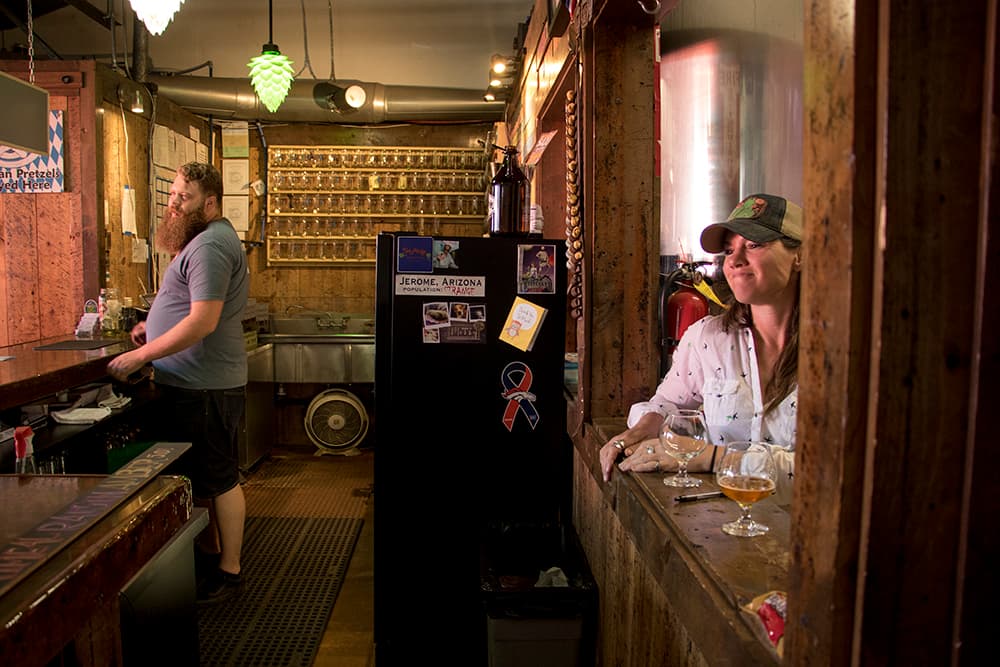
Bies also chalks up both breweries' success to being adaptable — staying in tune with and following shifts in market trends, like the decline of growlers and the rise of the six-pack.
Merging didn't hurt, either, and not just because it lowers rent costs for both breweries.
"I hate I use the word competitive," Bies said. "... But I think at the end of the day you do have to make yourself stand out in the crowd, and I think that’s kind of one of the ways we’ve done that, creating this partnership."
So what's next for craft beer in Denver?
The suburbs, maybe.
Bruz, Zephyr and River North are already out there, up north — though River North plans to return to its namesake area. Kurowski said the number of breweries in the 'burbs is already on the rise, citing Periodic Brewing in Northglenn and Big Choice Brewing in Brighton.
For one thing, it's cheaper. For another, those communities are looking for the same magic that makes Denver's little breweries work.
"You can really engage in that community," Kurowski said, "and be really bright spot for people to come grab a beer and be part of the community."






